Consider These 6 Factors Before Buying or Building a Small House
Are you considering downsizing your living space and adopting a minimalist lifestyle by buying or building a small house? Before diving into this exciting adventure, there are several important points to consider. Small houses offer a unique and appealing way to simplify your life, reduce your environmental footprint, and save money. However, it's crucial to make well-informed decisions so that your experience living in a small house is exactly as you hope.
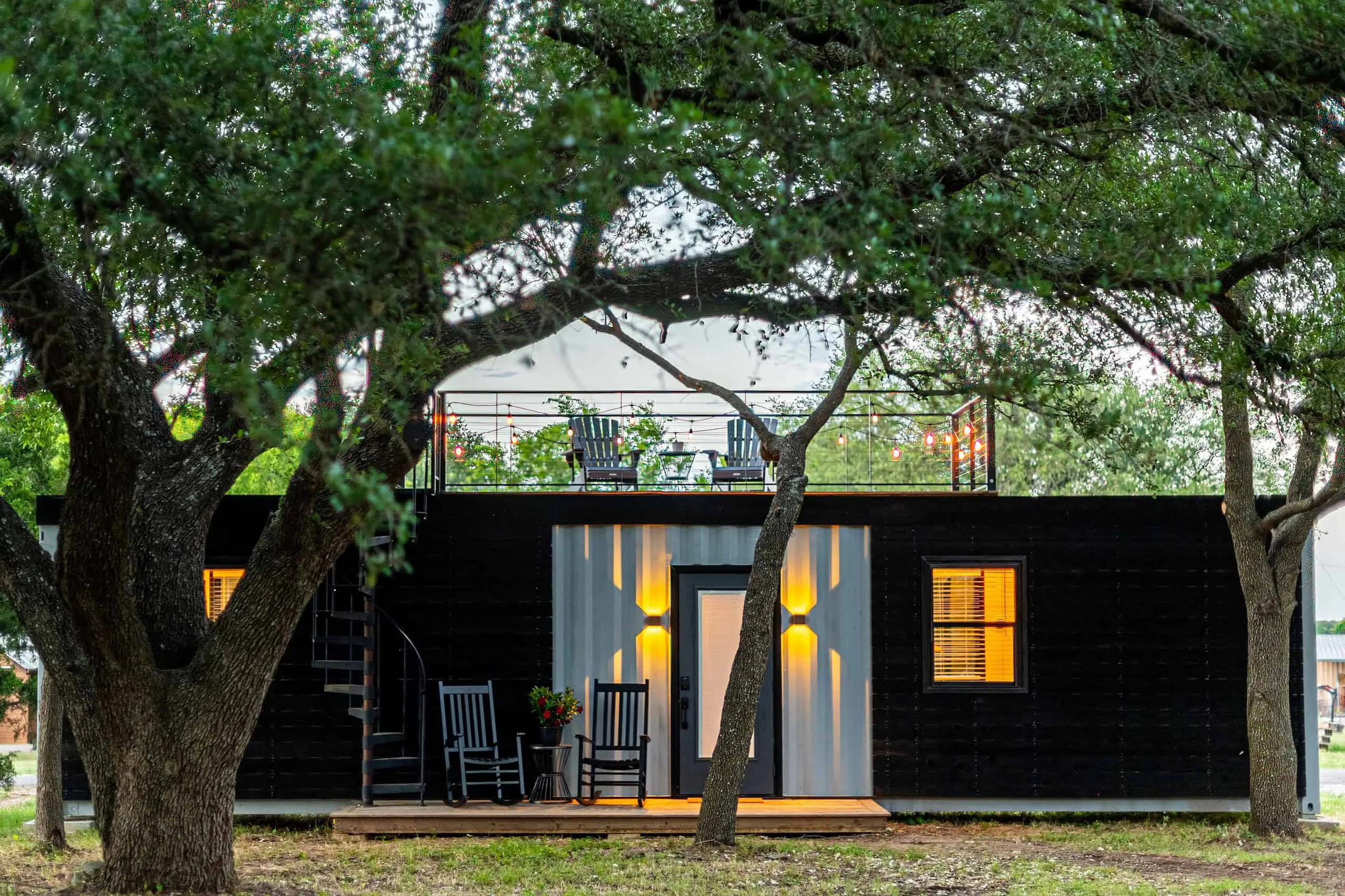
1. Location Matters
One of the first things to consider when living in a small house is where it will be located. Where do you plan to place your small house? Many municipalities have zoning and building codes that determine where and how small houses can be placed. If you're in California, looking for a small house for sale in San Diego might be the best option to find a regulated property that meets all your needs. You may need to research these codes and obtain necessary permits before moving forward. Additionally, consider the climate and terrain of your chosen location—these factors will influence the design and construction of your small house.
2. Budget Wisely
Small houses can be an affordable way to own your space, but they still come with costs. Before starting, create a realistic budget that covers not only the construction or purchase of your small house but also ongoing expenses such as utilities, maintenance, and insurance. Ensure you have a financial reserve for unexpected costs that may arise during life in a small house.
Initial Construction Costs
The first step in planning your small house budget is to estimate the construction or purchase costs. If you plan to build your own small house, account for material costs, labor (if you're not building it yourself), permits, and tools. If you are purchasing a ready-made small house, factor in the purchase price, delivery costs, and any modification expenses. Be sure to research and get several quotes for a realistic estimate.
Ongoing Expenses
Don't ignore ongoing expenses. Your small house may have lower utility bills compared to a regular home, but it's important to account for these monthly costs including electricity, water, propane, and waste disposal. Also consider property taxes, which may vary depending on your location. Ensure you have a clear understanding of both your monthly and annual expenses to maintain a comfortable lifestyle.
Maintenance and Repairs
Like any home, small houses require maintenance and periodic repairs. Over time, your small house may need roof replacement, siding maintenance, appliance updates, and more. Set aside a fund in your budget for such unexpected expenses and regularly save part of your income. Being prepared helps you avoid financial stress when repairs are needed.
3. Size and Design
Small houses come in various sizes and designs, from minimalist cabins to fully functional living spaces. Consider how much space you actually need and how you plan to use it. Effective design is essential in small houses, as every square foot counts. Prioritize features and conveniences that are important for your comfort and lifestyle. Think about whether you want a loft bed or a full kitchen with bathroom and shower. Your decisions will influence the overall layout and size of your small house.
4. Sustainability and Off-Grid Living
Small houses are often associated with sustainability and off-grid living. If eco-friendliness is important to you, explore environmentally friendly building materials and renewable energy sources. Consider how you will manage waste, conserve water, and reduce your carbon footprint in a small house. Evaluate how ready you are for self-sufficiency and potential challenges of off-grid living, such as electricity generation and water management.
5. Lifestyle Adaptation
Living in a small house requires significant lifestyle and mindset changes. Downsizing possessions, embracing minimalism, and prioritizing experiences over material goods are important shifts. Before taking the step, ask yourself if you're ready for these changes and whether family members or close friends agree with the small house lifestyle.
6. Legal and Financial Implications
Understanding the legal and financial implications of living in a small house is crucial. Consider how it affects taxes, insurance, and financing options. Some financial institutions may not offer traditional mortgages for small houses, so research your funding options in advance. Additionally, consult with attorneys to ensure you are fully aware of all legal restrictions or obligations related to your small house.
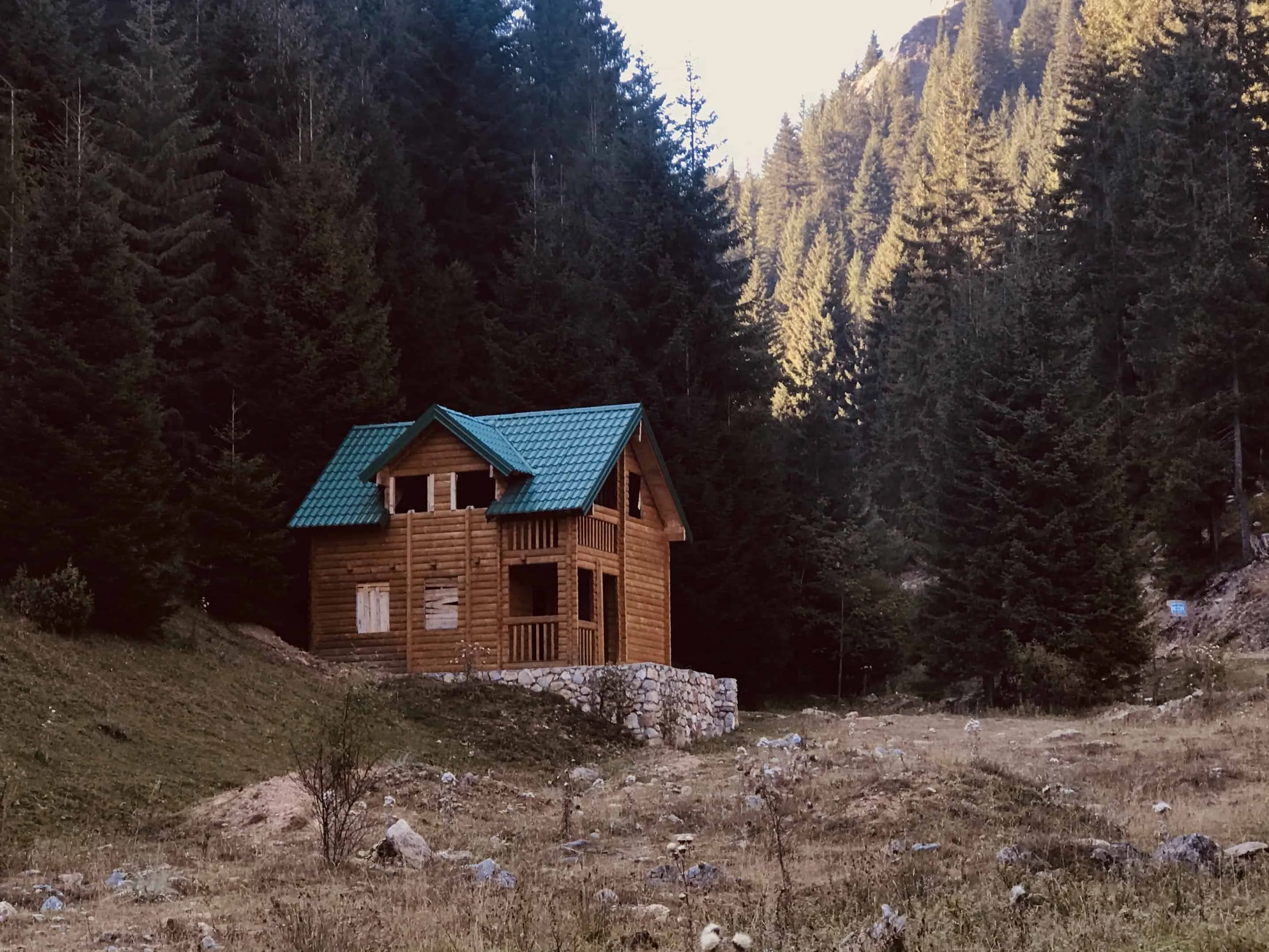
Choosing between buying or building a small house is an exciting journey that can lead to a more sustainable, economical, and minimalist lifestyle. However, it's important to approach this with careful consideration and thorough planning. Keeping these six key factors in mind—location, budget, size and design, sustainability, lifestyle adaptation, and legal and financial implications—you can begin your small house journey with confidence and ensure it aligns with your goals and aspirations for a simpler, more fulfilling life. Living in a small house can be a transformative experience—but only if you're well-prepared for the challenges and rewards it offers.
Need a renovation specialist?
Find verified professionals for any repair or construction job. Post your request and get offers from local experts.
You may also like
More articles:
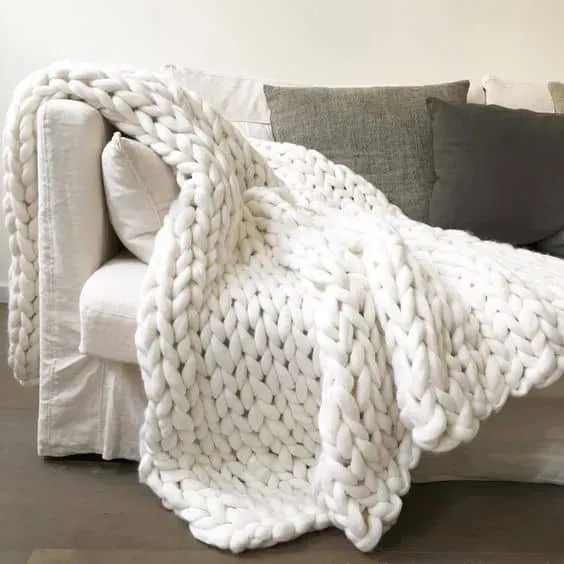 Thick Knitted Throws for a Cozy Winter Evening
Thick Knitted Throws for a Cozy Winter Evening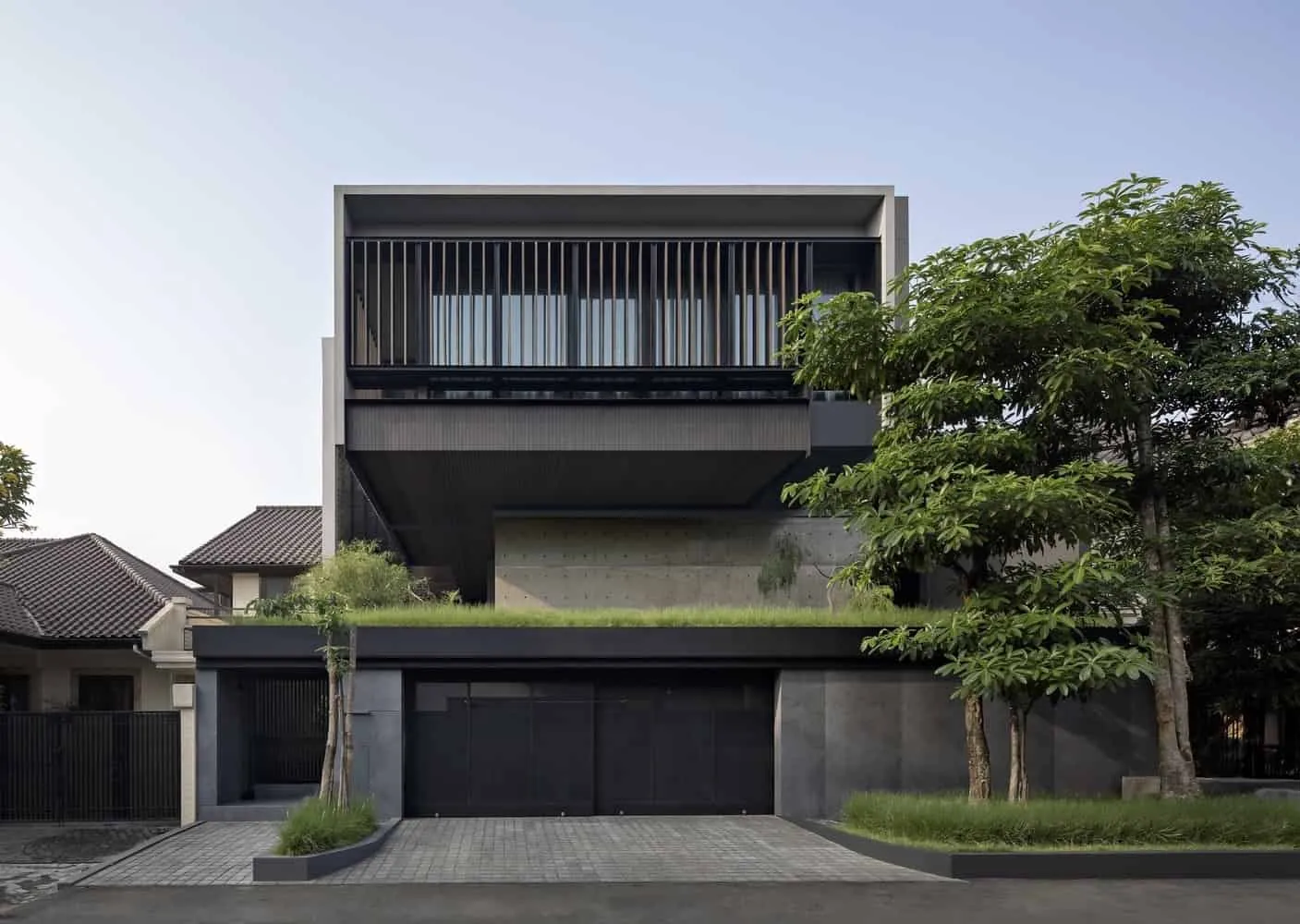 Ciasem House by STUDIOKAS in Indonesia
Ciasem House by STUDIOKAS in Indonesia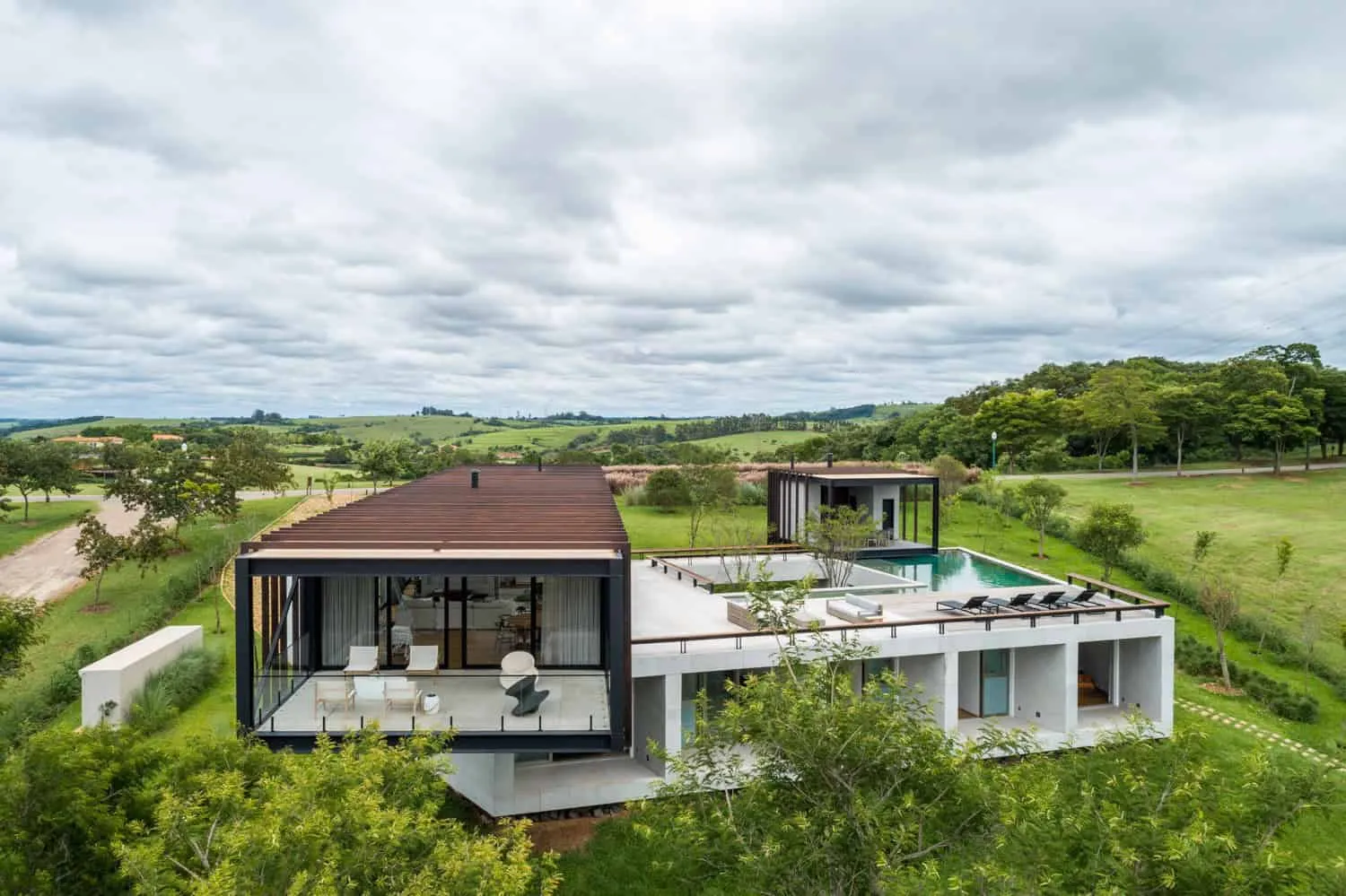 Cigarra House by FGMF in São Paulo, Brazil
Cigarra House by FGMF in São Paulo, Brazil Kipea Villa by Sanaxenho Architects in Nanjing, China
Kipea Villa by Sanaxenho Architects in Nanjing, China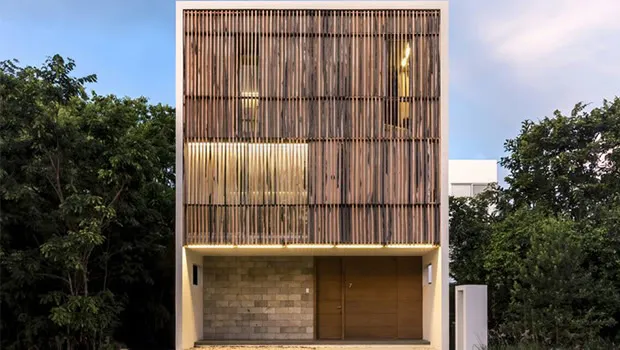 Ciruelo 7 House by Warm Architects in Cancun, Mexico
Ciruelo 7 House by Warm Architects in Cancun, Mexico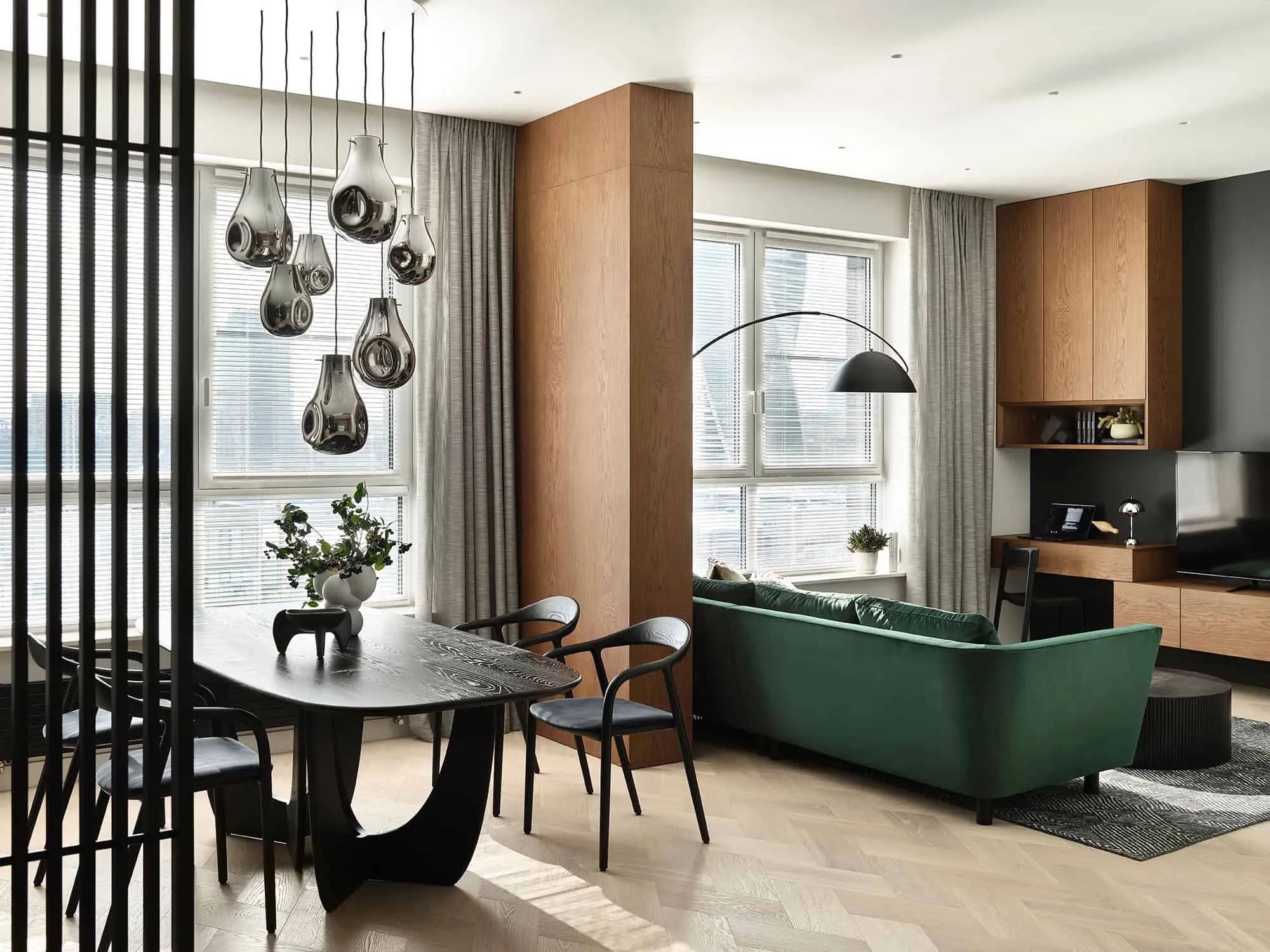 City 5: Expressive Minimalism, Apartment in Moscow with Sculptural Interiors and Textured Surfaces
City 5: Expressive Minimalism, Apartment in Moscow with Sculptural Interiors and Textured Surfaces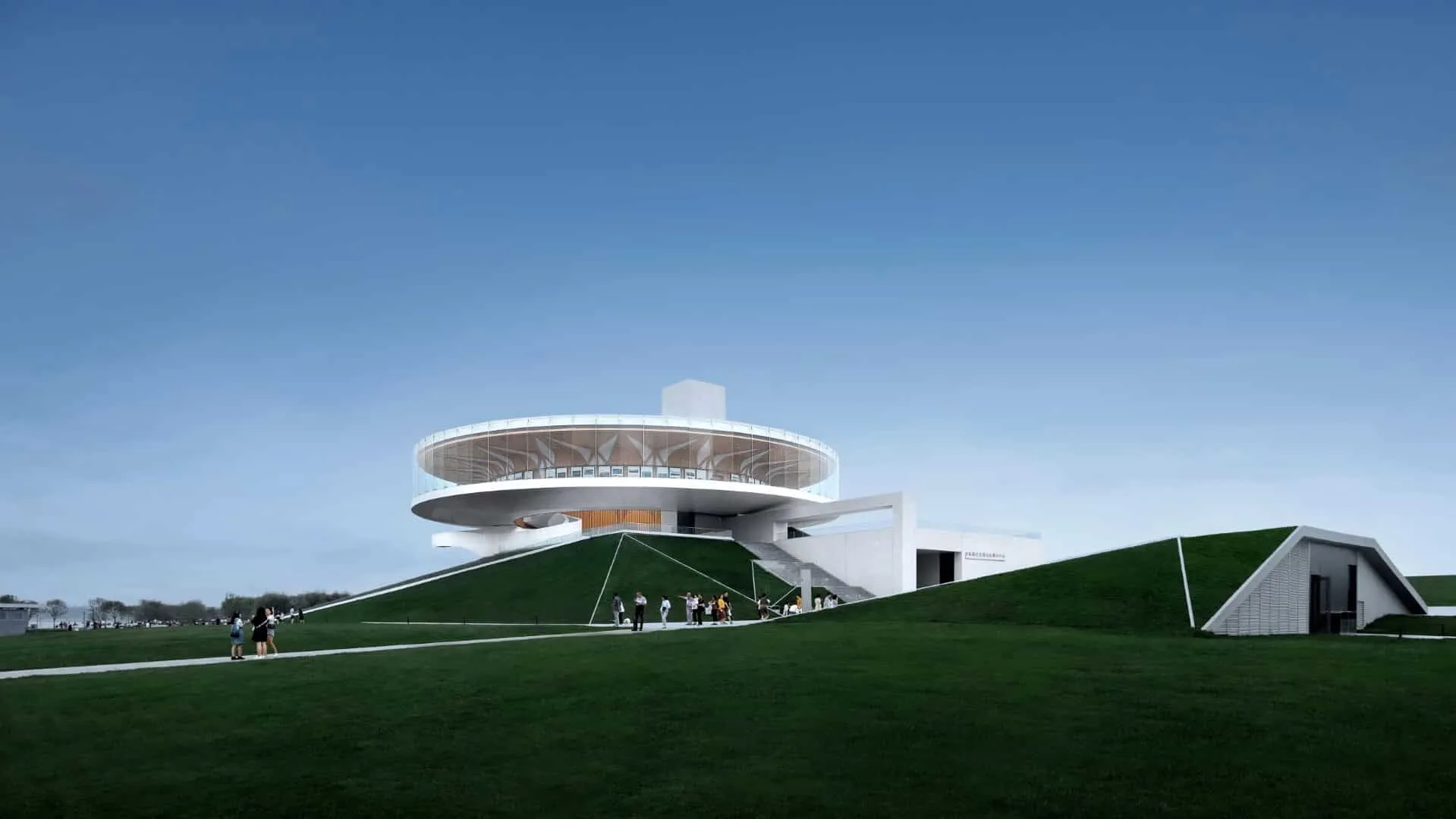 City Crown - Dragon Lake Public Art Center, Studio A+ Project in Zhengzhou, China
City Crown - Dragon Lake Public Art Center, Studio A+ Project in Zhengzhou, China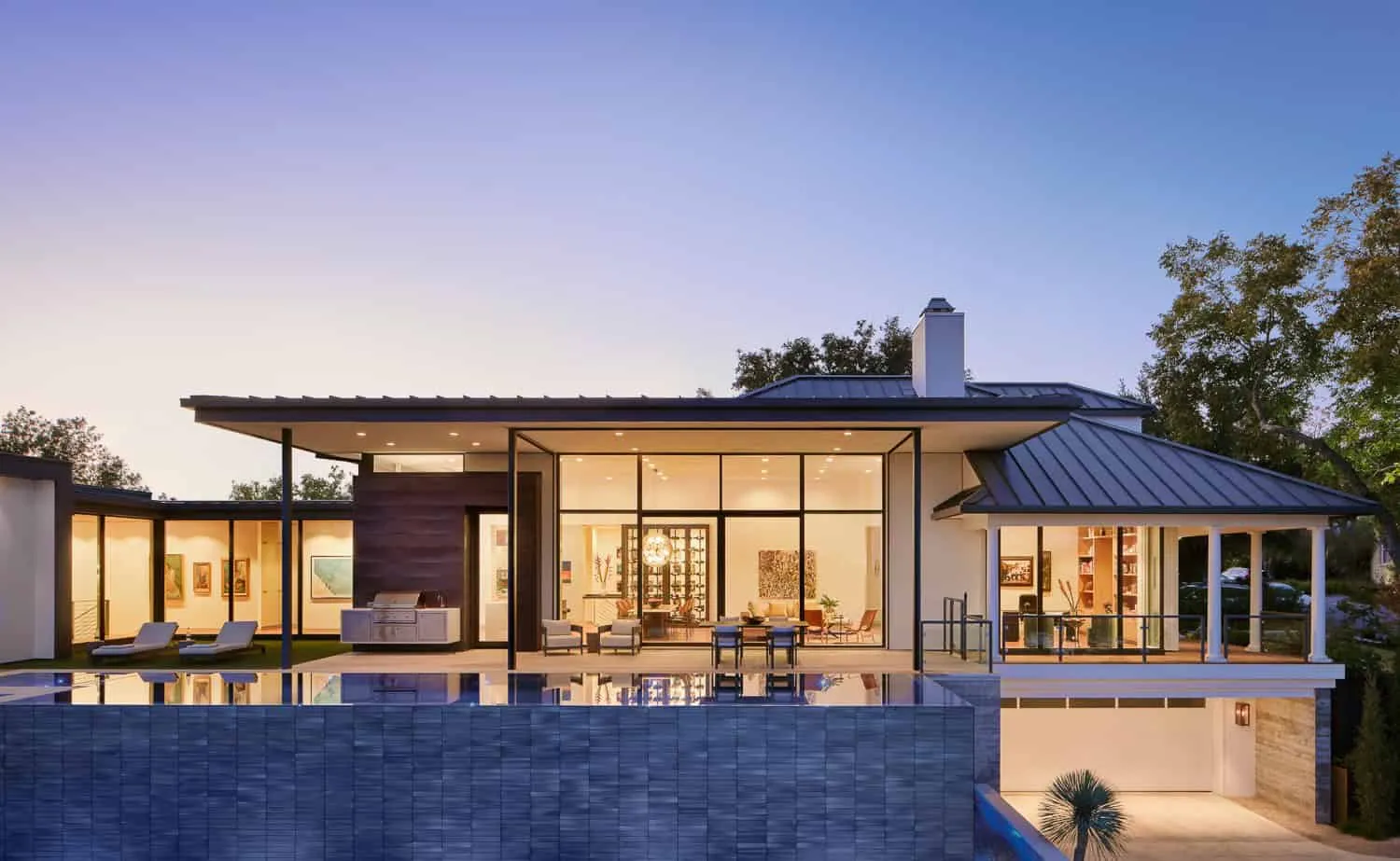 Clarksville Housing by LaRue Architects: Revival of a Home Over 100 Years Old
Clarksville Housing by LaRue Architects: Revival of a Home Over 100 Years Old